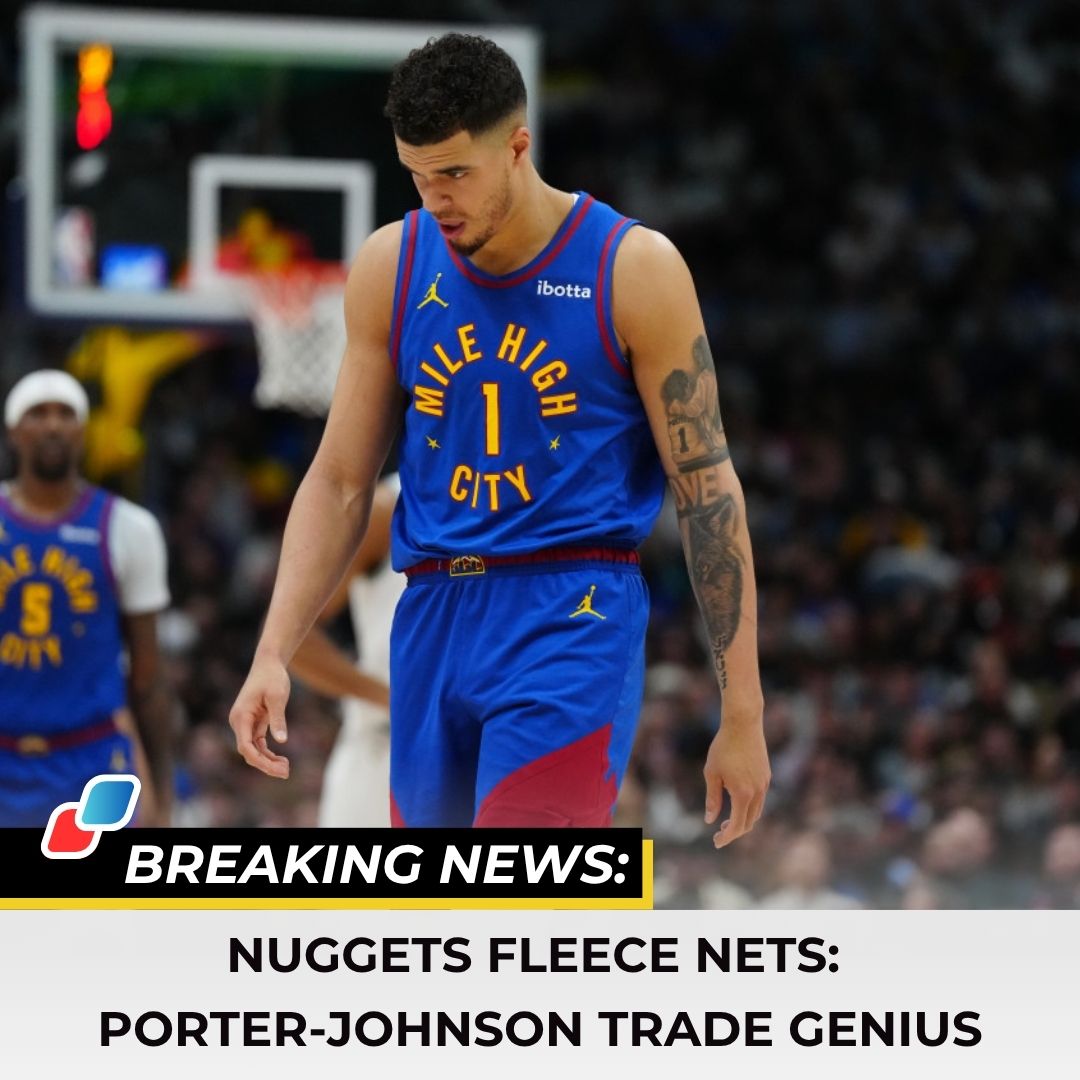BREAKING: Nikola Jokic Has Brutally Honest Kawhi Leonard Message After Clippers-Nuggets Game 3

It was a blowout in the Intuit Dome on Thursday night.
Many fans and pundits were upset with the NBA for airing the Oklahoma City Thunder-Memphis Grizzlies matchup on TNT over the LA Clippers and Denver Nuggets.
Turns out, the former had a better matchup, as the Nuggets suffered an abysmal 117-83 loss to the Clippers.
The pivotal Game 3 was the first home playoff game in the Intuit Dome, and the crowd was ready for it.
Nikola Jokic posted a solid triple-double for the Nuggets, scoring 23 points on 9-of-14 shooting, adding 13 rebounds and 13 assists.
It wasn’t nearly enough for Denver, though, as the blowout loss, at the hands of 18 Clippers 3-pointers, gives them a 2-1 deficit in the series.
The hard part for the Nuggets? They’ve got to play a second game in the Intuit Dome while trying to avoid going down 3-1 in the series.

With how the opposition has been playing, that’ll be quite tough. Kawhi Leonard’s resurgence late in the season, combined with James Harden finding his stride, makes LA incredibly tough to beat.
Los Angeles Clippers forward Kawhi Leonard dribbles against the Sacramento Kings at Golden 1 Center.
Darren Yamashita-Imagn Images
Jokic sends Leonard message
After the game, Jokic got brutally honest about Leonard when asked about the star forward.
“He’s not supposed to care what other people think about him. He’s a champion, he’s a special player,” Jokic stated. “He’s definitely a unique player. If I’m in his skin, I would definitely not give a [expletive].”
Leonard led the Clippers with 21 points in their Game 3 win, though four players scored 19-plus points — proving the well-rounded effort from the squad.
The star forward has accomplished everything in his career, and he’s simply adding to his resume at this point. Still, he remains remarkable and is one of the best two-way players when healthy.






